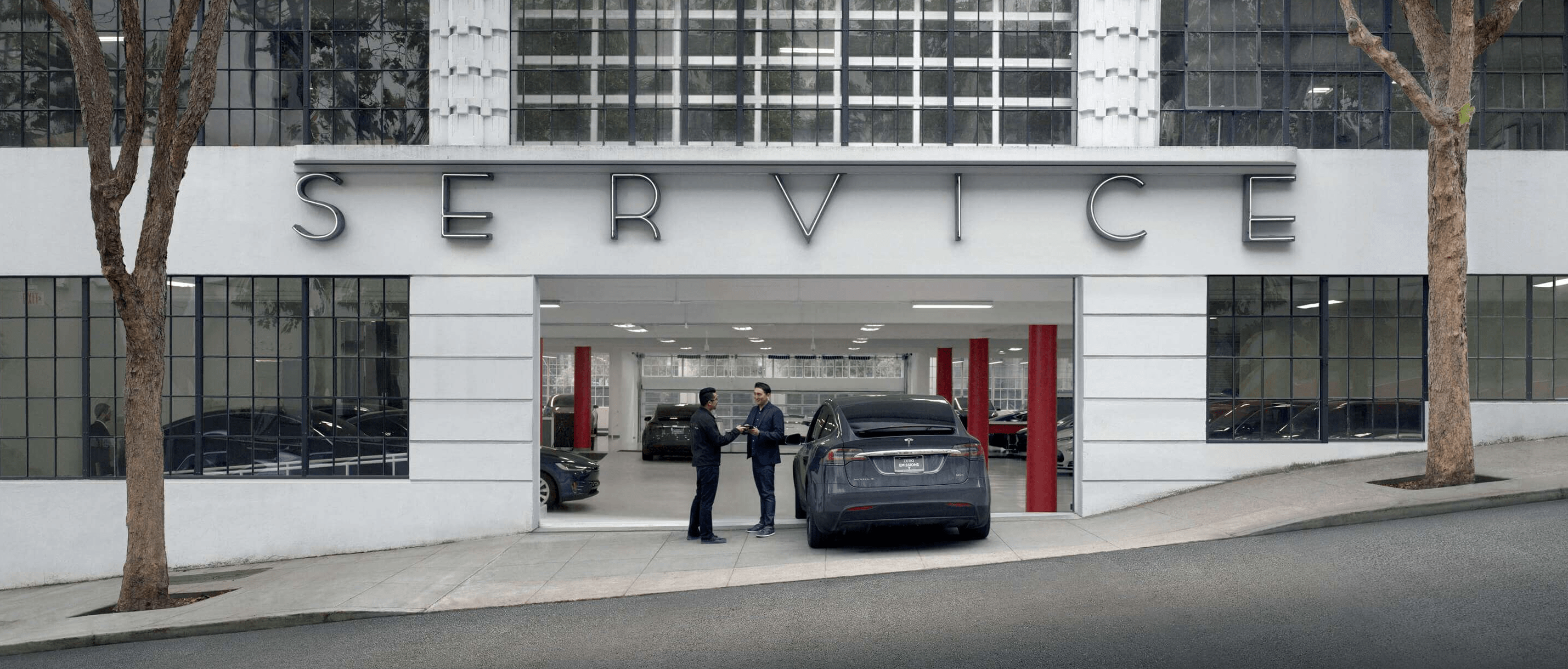
Connecticut Town Revokes Permit for Planned Tesla Service Center with Direct Sales Lawsuit

East Hartford’s Planning and Zoning Commission (PZC) on Tuesday voted to revoke Tesla’s permit for a planned service center at 300 Connecticut Boulevard — reports The Hartford Business Journal.
The permit was originally approved in April 2021. Connor Martin, chief of staff for East Hartford Mayor Michael Walsh, told the publication that the permit was revoked after it was challenged in a lawsuit filed by the town’s Hoffman Auto Group.
The lawsuit alleges that Tesla’s application for a service center is merely a veiled attempt at establishing a presence in the region in order to skirt Connecticut’s dealer franchise law, which bars automakers like Tesla that employ a direct-to-consumer model and don’t use a dealer as an intermediary from selling their cars in the state.
Similar laws exist in several other states as well and have for long been thorns in the sides of both Tesla and other automakers with direct-to-consumer sales models. In March 2021, Tesla and fellow electric vehicle (EV) makers Rivian and Lucid Motors joined forces to fight direct sales laws.
“We applaud East Hartford’s decision to revoke the town’s previously issued approval thereby preventing Tesla from pursuing the 300 Connecticut Boulevard location in defiance of Connecticut law and local zoning restrictions,” the company said.
“It supports our position that the approval was wrongfully obtained, and that Connecticut law does not allow manufacturers to sell cars directly in Connecticut. The Hoffman family of 10 auto dealerships along with more than 250 other dealers statewide remain committed to defending this state’s pro-consumer franchise system which fosters healthy competition on a level playing field and will continue to resist global manufacturers from illegally entering our state in a way that would deprive local consumers of many of the protections they currently enjoy.”
It was not clear if the PZC’s revocation of Tesla’s permit completely prevents the company from applying for or opening a facility in town.
Connecticut’s dealer franchise law makes it so Tesla cannot establish sales channels in the state or maintain a presence beyond opening showrooms and service centers, which the electric carmaker has two of — one in Greenwich, and another in Milford.
Tesla got one step closer to direct sales in Connecticut last year when the General Assembly’s Transportation Committee passed Senate Bill 127, but that didn’t pan out. A new bill seeking to reform the dealer franchise law has been raised again this year in the state legislature’s Transportation Committee.
Tesla’s direct-to-consumer sales model has been recognized by veteran automakers like Volkswagen, and it has already been copied by other carmakers and automotive startups.

